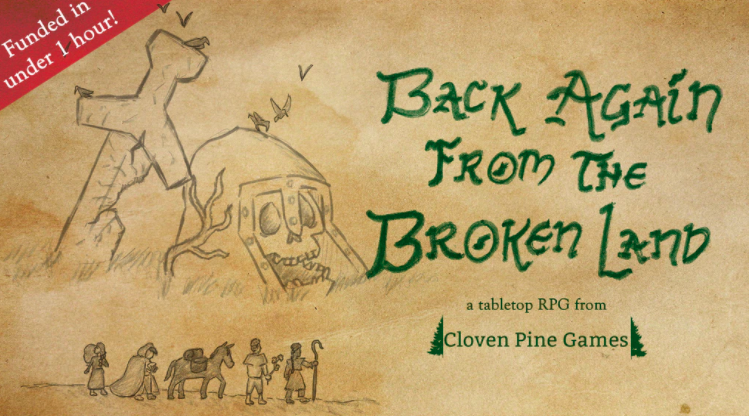J.R.R. Tolkien’s stories began as gifts to his children, with the adventures of Bilbo told at bedtime. My husband, Alexi, and I have tried to follow in his footsteps, albeit in a different genre. We co-wrote a role-playing game, Back Again from the Broken Land, with the aim of helping a table of friends explore similar stories together. Back Again from the Broken Land tells the story of small adventurers walking home from a big war, and reckoning with the burdens they carry along the way.
Login to read more
Sign in or create a free account to access Subscriber-only content.
